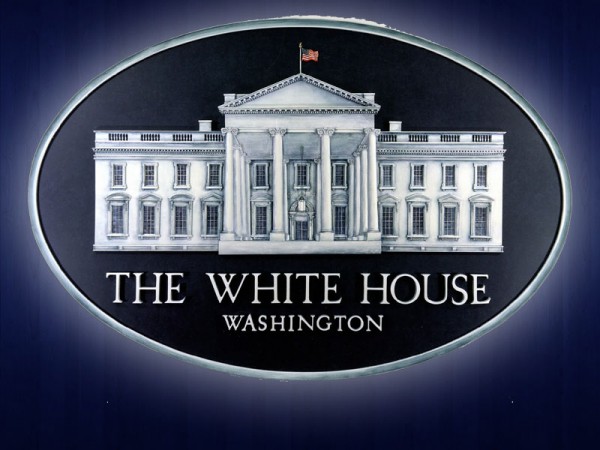BERLIN (AP) — German Chancellor Olaf Scholz has announced he will ask for a vote of confidence in December, setting the path for an early election in February. His three-party coalition government collapsed last week.
Here are five things to know about the political turmoil in the European Union's largest economy:
Scholz’s center-left Social Democrats, Vice Chancellor Robert Habeck’s environmentalist, left-leaning Greens and Christian Lindner’s pro-business Free Democrats — a party that has mostly allied with conservatives — set out in 2021 to form an ambitious, progressive coalition straddling ideological divisions that would modernize Germany.
The government can point to some achievements: preventing an energy crunch after Russia cut off its gas supplies to Germany, initiating the modernization of the military and pushing through a series of social reforms. But the impression it has left with many Germans was one of deepening dysfunction and constant infighting.
The coalition fell apart when Scholz fired Finance Minister Lindner following disagreements over how to revive the shrinking economy.
The coalition’s breakdown followed weeks of internal disputes over how to boost the economy that until recently was considered Europe's economic powerhouse.
Germany’s economy has been shrinking for the past two years in the wake of the coronavirus pandemic, war in Ukraine and competition from China. Scholz’s fractious coalition failed to find a way forward on some key issues.
Lindner’s Free Democrats had rejected tax increases or changes to Germany’s strict self-imposed limits on running up debt. Scholz’s Social Democrats and the Greens wanted to see major state investment and rejected the Free Democrats’ proposals to cut welfare programs.
Donald Trump’s imminent return to the White House may be creating new risks for the German economy. He has threatened to slap tariffs of up to 20% on goods from the EU, raising the prospect of a trade war with Washington’s European allies.
Tariffs would deal a sharp blow to German exports and serve another painful setback to an economy that had long been powered by cheap and plentiful energy from Russia and large export markets.
Scholz told parliament that he would submit a request for a vote of confidence on Dec. 11 so that the Bundestag can decide on it on Dec. 16. Until then, his Social Democrats and the Greens will lead Germany in a minority government.
Scholz is expected to lose the vote of confidence, which will then set the path for a new parliamentary election in a little over 100 days from now, on Feb. 23.
If Scholz loses the vote, German President Frank-Walter Steinmeier has 21 days to dissolve parliament, and he has already indicated that he will do so. The dissolving of parliament is a formality in the process that eventually leads to new elections.
Scholz has said he wants to run for chancellor again.
However, he has not yet been officially appointed by his party. Some Social Democrats have said they don't want him to run again because of his current unpopularity. They have suggested that current Defense Minister Boris Pistorius, one of Germany's most popular politicians, should run. Neither Scholz nor Pistorius have reacted publicly to these calls.
Friedrich Merz, the head of the main opposition party in parliament, the center-right Christian Democrats, was officially nominated as candidate by his party in September. The party is currently leading the polls, and Merz is likely to become Germany's next chancellor.
He has already shifted into campaign mode. “There is a great sense of relief in our country. For a week now, the so-called progressive coalition ... has been history. And that is continuing good news for Germany,” Merz told parliament after Sholz spoke.
For the environmentalist Greens, the current economy minister and vice-chancellor, Habeck, will be their candidate for chancellor. The small party lost popularity in recent elections.
The far-right Alternative for Germany, or AfD, has said it would nominate party leader Alice Weidel next month as their candidate.
Merz’s Christian Democrats have been polling around 30% or more in the polls. Scholz’s Social Democrats, currently the strongest governing party, are third with around 16% — behind the AfD at around 19%.
It's too early to say if the populist Alternative for Germany will turn the election into a big victory. However, polls indicate that the party will gain massively compared to the last parliamentary election in 2021, when it came in at 10.4%.
The AfD scored big in recent state elections. It won a state election for the first time in post-World War II Germany in the eastern state of Thuringia, and finished a very close second to mainstream conservatives in Saxony in September.
Deep discontent with the national government's constant infighting, anti-immigration sentiment and skepticism toward German military aid for Ukraine were among the factors that contributed to support for the AfD.
The party is at its strongest in the formerly communist east, and the domestic intelligence agency has the party’s branches in Saxony and Thuringia under official surveillance as “proven right-wing extremist” groups. Its leader in Thuringia, Björn Höcke, has been convicted of knowingly using a Nazi slogan at political events but is appealing.
Across western Europe, far-right parties have made big wins in recent elections from Italy to France to the Netherlands.

















